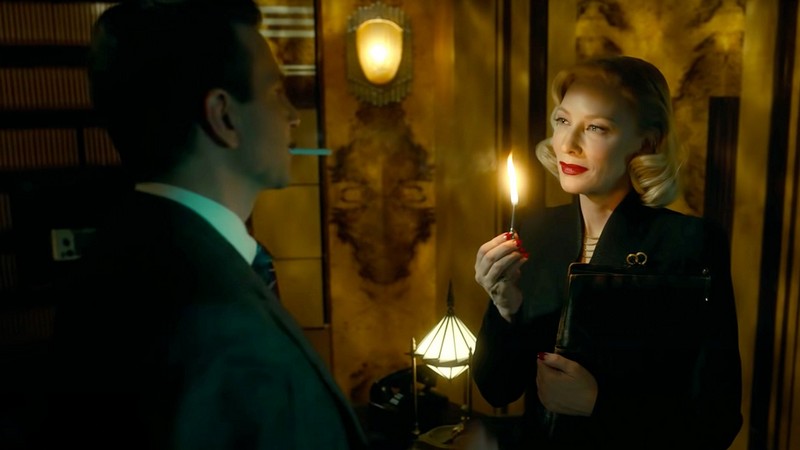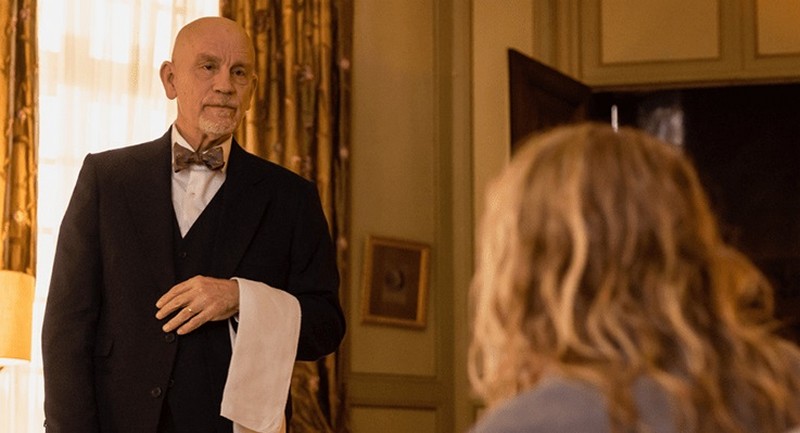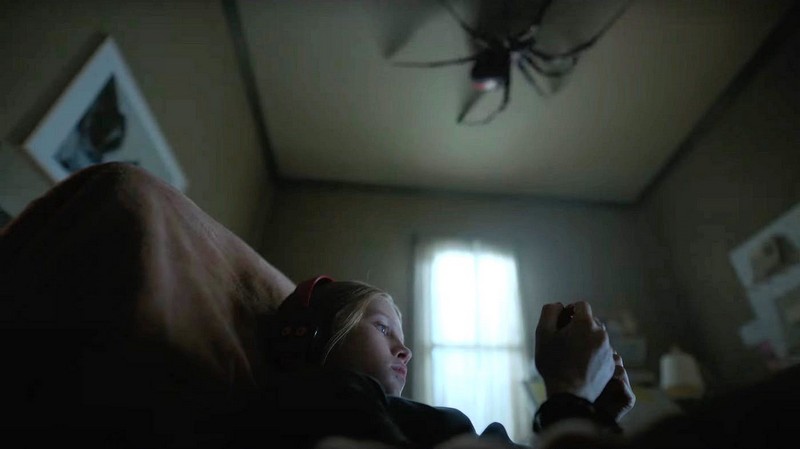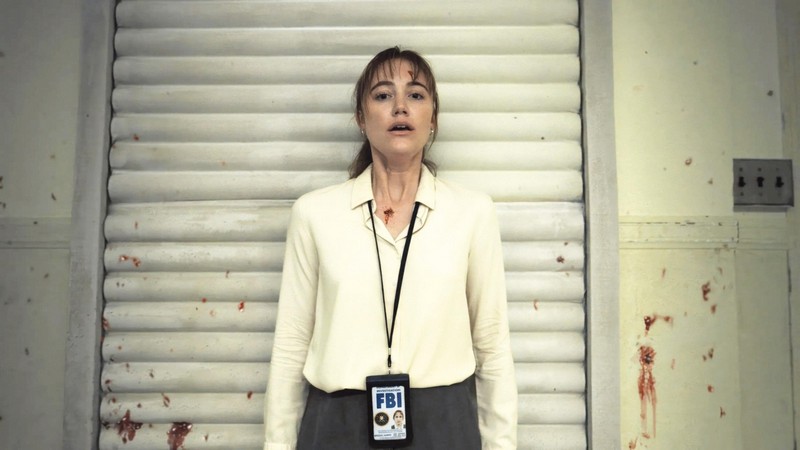If any setting was just made for Guillermo del Toro, it’s got to be the circus. Colour, spectacle, carnies, creepy clowns, “freaks” – it positively screams for treatment from the modern master of smart horror. But del Toro is mercurial. Just as he turned his hand to big-budget action in Pacific Rim, he pivots in an unexpected direction with Nightmare Alley.

While it starts off at a dismal carnival, Nightmare Alley isn’t a horror film – even though its characters do horrible things. This is a film noir with a healthy dollop of psychological thriller. That’s not all that surprising since this is a take on William Lindsay Gresham’s novel of the same title, made into a film in 1947 by director Edmund Goulding and starring Tyrone Power. Note though this is not a remake of the earlier film, but a reworking of the novel.
Del Toro delivers a rise-and-fall narrative brimming with style, scheming and femmes fatale; everything that makes film noir great. Echoes of Double Indemnity and The Big Sleep abound. DOP Dan Lausten (John Wick 3) captures the look and feel of both the era (the late 1930s to early ‘40s) and the genre with some stunning images and stylish chiaroscuro.
The film opens in 1939 when Stanton “Stan” Carlisle (Bradley Cooper) leaves the farm and catches any bus he can. He ends up in a small town at the end of the line broke and desperate. As luck would have it, local carnival owner Clem Oatley (Willem Dafoe) needs a hand packing equipment away as a storm rolls in. One thing leads to another and before too long, Stan is working full time at the carnival.
Stan soon starts learning from his sometime lover Zeena the Seer (Toni Colette) and her mentor Pete (David Strathairn) about “mentalism” – the art of reading people to appear supernatural. And while he enjoys Zeena’s company from time to time, he’s attracted to the pretty Molly Cahill (Rooney Mara) who does an act with electricity. Molly and Stan dream of putting together a more sophisticated show – one that will allow them to leave the small town carnival. Eventually, that dream comes true. Their successful act takes them to the city, where Stan falls in with a gullible judge (Peter MacNeill) and his much more savvy therapist, Dr Lilith Ritter (Cate Blanchett). A plan is hatched that will soon put many lives in danger.
While Nightmare Alley is super-stylish, it’s narrative is a bit spotty. It’s essentially two movies – one in the carnival and the other in the city (with a telling coda). So it felt a bit disjointed to me, almost like it didn’t know what it wanted to be. Its efforts to equate psychiatry with trickery are a little on the nose too. That however is probably down to the source material, rather than the script by del Toro and his spouse Kim Morgan.
Del Toro takes a deep dive into the psychology of “the grift”. Since this is a noir, you can be pretty sure someone will face a reckoning. The director handles that with aplomb – the ending is shattering. But some characters are a little under-developed and their motivations are murky – though again that’s a fairly common noir trait. And while this isn’t a horror film, note it contains some rare but graphic violence.
Bradley Cooper (Licorice Pizza) gets to show some dramatic range (for once) as the crafty Stan. His performance in the final sequence alone is worth the price of admission. Similarly, Cate Blanchett (Where’d You Go, Bernadette) shines as she goes full-on femme fatale as Dr Ritter. But unfortunately the two don’t really mesh. Cooper’s naturalism and Blanchett’s mannered performance seem to be out of kilter. Rooney Mara (Mary Magdalene) is fine as the mousy Molly; as are David Strathairn (Nomadland) and Toni Collette (Knives Out) as the jaded carny couple. Richard Jenkins (Kajillionaire) is creepily great as the mark in Stan’s scheme. And Willem Dafoe (The Lighthouse) once more hogs the limelight as the manipulative Clem.
Nightmare Alley is an engaging and stylish film noir. While it’s neither the greatest noir ever, nor the greatest Guillermo del Toro film ever, it still manages to deliver a powerful morality tale.
David Edwards
Other reviews you might enjoy:

David Edwards is the editor of The Blurb and a contributor on film and television





